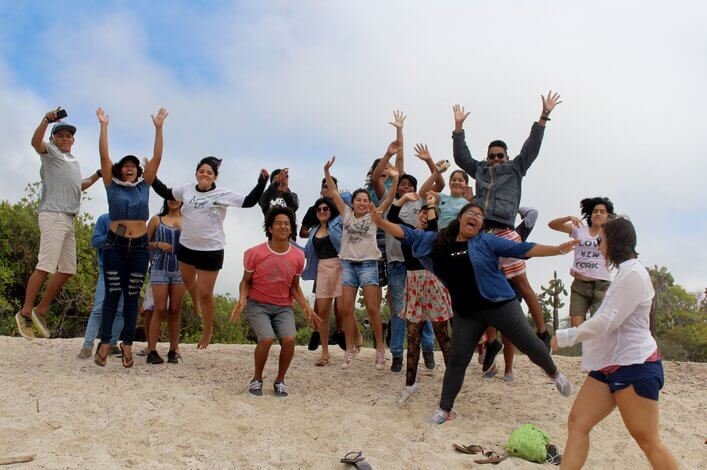
Take motivated students, add the ocean surrounding us, and you have the perfect combination to conduct conservation work.
When you are at the beach, have you ever lifted a rock to find out what is under it? Or, have you touched sand to know if there is life there? Or, have you realized that there is life in the mangroves? Maybe you have or maybe you haven’t, but the truth is that if we intend to make future agents of change aware of the need to care for the oceans, we first need them to gain knowledge and explore marine life. In Galapagos, we are fortunate to be able to observe different ecosystems and ecological processes very easily, something that we shouldn’t take for granted.
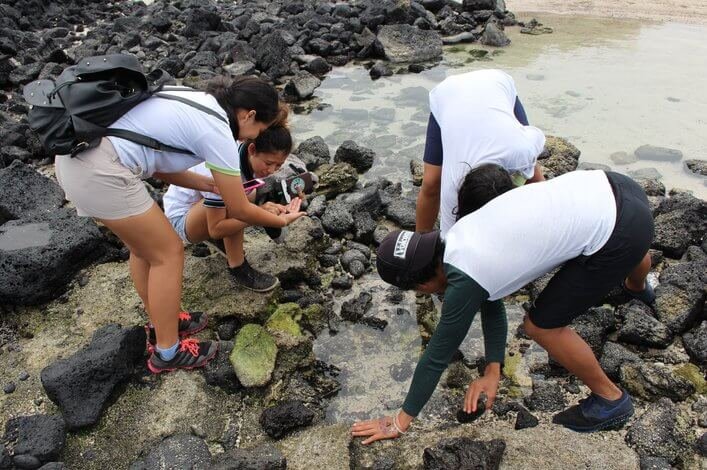
Since May 2017, the Charles Darwin Foundation (CDF) has carried out the Shark Ambassadors Program with 30 local students between the ages of 14 and 16 on Santa Cruz Island. This marine education program seeks to complement our scientific research training with hand-on experiential learning to increase understanding about the importance of ocean conservation. The program included lessons for learning to communicate stories through photographs or speaking in public, talks with marine scientists to share their experiences, and field trips to explain the methodologies that scientists use to study different species.
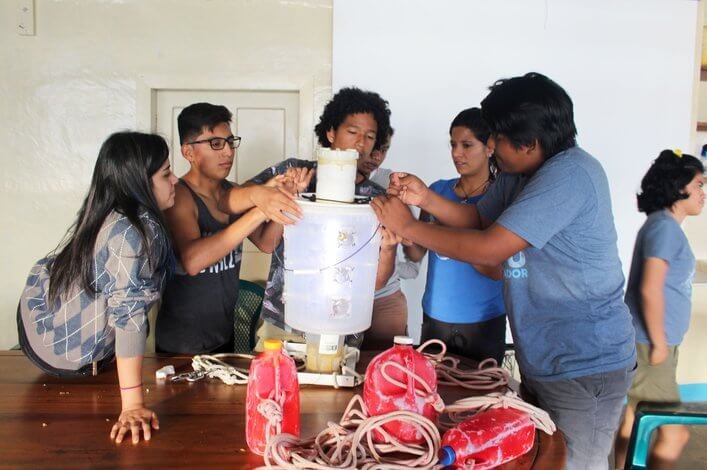
Shark ambassadors in action! We recently held a camp that showed us that through teamwork, fun and exploration, students learn more and enjoy what they do. Cleaning of microplastics, intertidal transects, light traps, nocturnal exploration, and the pursuit of hidden treasure are some of the many activities conducted at this camp. What did we see? Sea lions, sharks, moray eels, hermit crabs, jellyfish, fireworms, sponges, sea urchins, different species of fish, rays, a juvenile blacktip shark and more.
“I like this program because is not just theory. There are many practical activities” mentioned Andrés, one of our ambassadors.
“Sharks are not the dangerous animals that everybody thinks they are. We need to take care of them” said Fiorella, another shark ambassador.
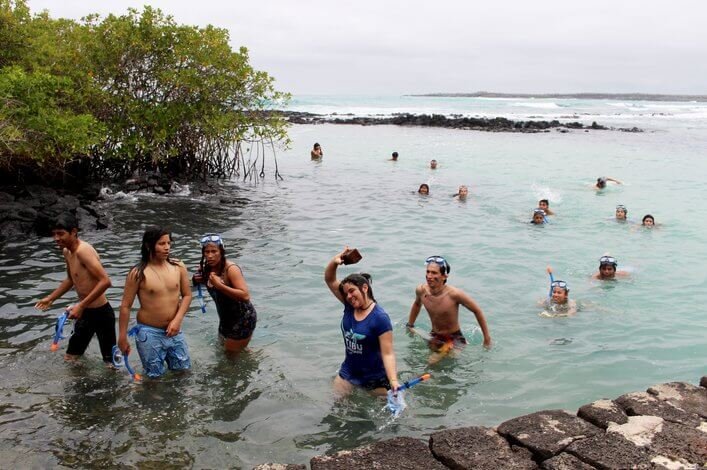
Coordinating this program has taught me a lot. The goal is not to train marine biologists or scientists but to foster a closer relationship with the sea and thus, from any branch of interest, students will understand the importance of taking care of the place where they live and of transmitting this message to their community and to the world. This year we worked with wonderful students, who strive to wake up very early every Saturday to carry out the activities and they do it with great excitement. In addition, this has been a jointly organized project with Jonathan (local volunteer of the project) and volunteers and staff of the CDF who have participated in the activities.
“The project is very important because we learn to value the marine reserve that protects our islands and principally the great importance of sharks in our oceans” said Jonathan, CDF’s volunteer.
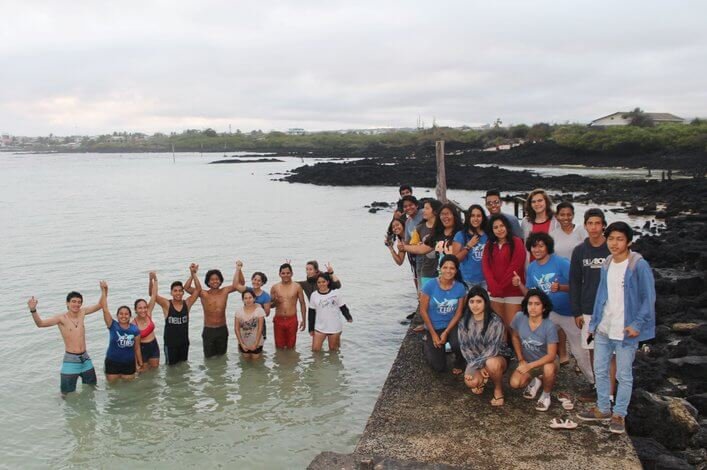
Why sharks? These species are so charismatic, but at the same time we know so little about them. They keep the oceans healthy and are a very important economic source for diving tourism in the archipelago. However, worldwide over 100 million sharks die annually from overfishing. The lack of knowledge and the negative public image that films and the media have given to sharks hinder their conservation. Students have done their own research on different shark issues and the ultimate goal is to teach others what they have learned. Soon they will present their projects to the local community.
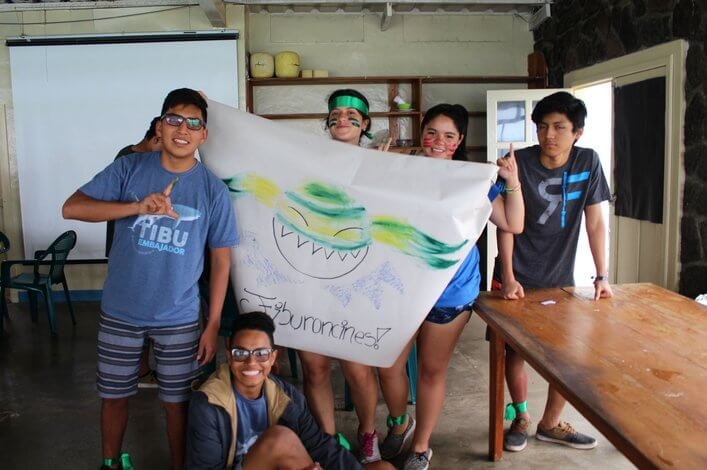
We cannot protect what we don’t know, and we cannot expect others to care about something if we don’t know what we have. Exploration, research, motivation and inspiration are some of the keys to becoming an ambassador! We would like to thank the Save Our Seas Foundation for making this project possible.





